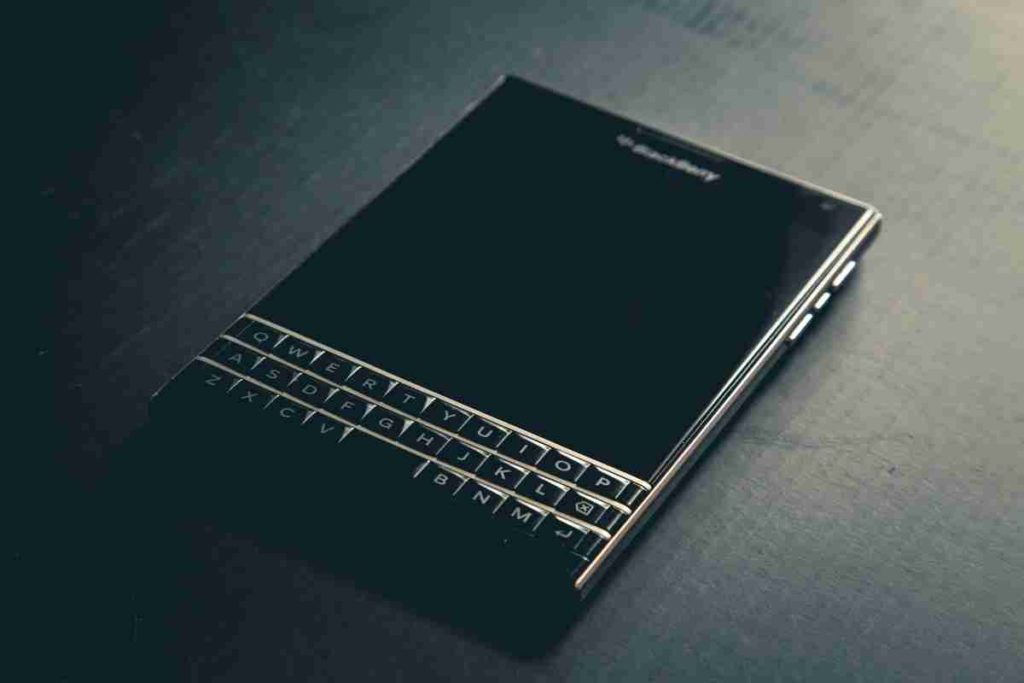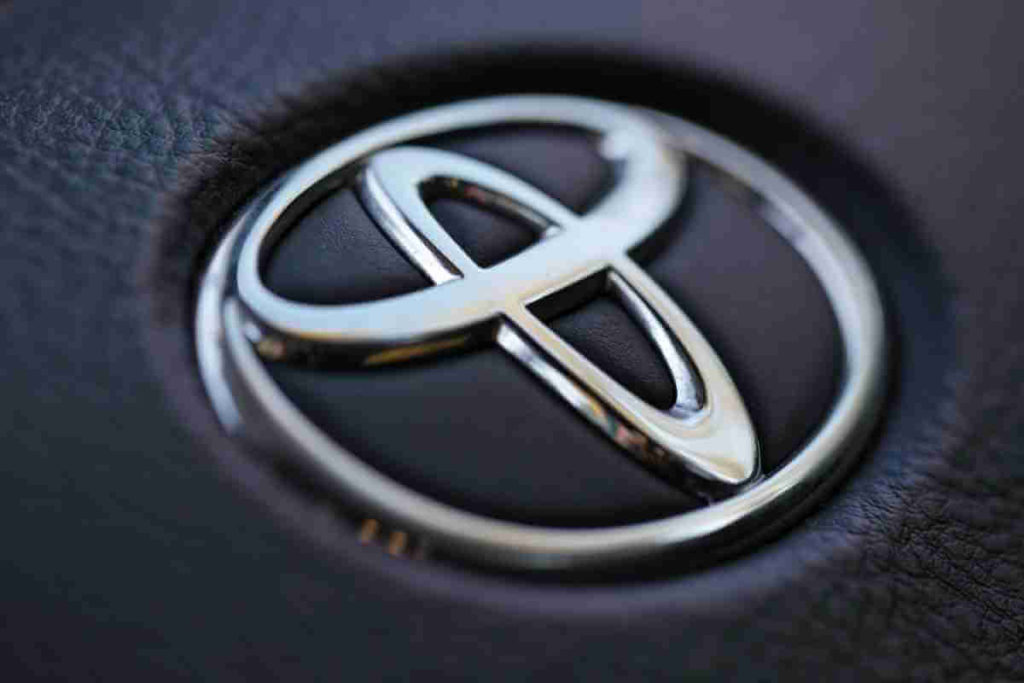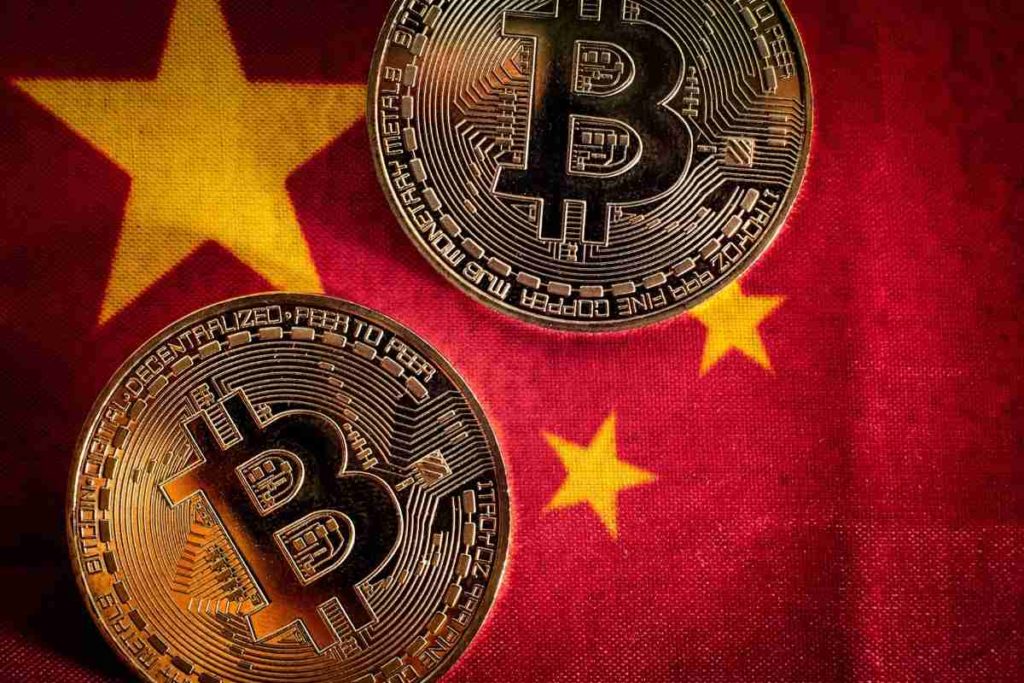They were once-indispensable gadgets for keeping connected when conventional smartphones weren’t enough for legions of C.E.O.s, journalists, legislators, and even the leader of the free world. Anything else was for ne’er-do-wells.
During the late 2000s, the handsets with the odd-sounding moniker BlackBerry and the QWERTY keypad that taught many people to type with their thumbs were more common than iPhones.
However, Blackberry devices that run on the company’s operating systems will be phased out on Tuesday, much like the Commodore computer and the LaserDisc. Their iconic trackballs and Tic Tac-sized letter keys will also be available.
BlackBerry said it would no longer support the handsets as of January 4, 2022, as part of an “end of life” decommissioning program first planned in 2020, as the Canadian firm completes its years-long transformation from building phones to a software-based revenue model.
For some, the deadline marks the end of the age before touch screens, Apple Pay, and TikTok, when BlackBerries ruled the boardrooms, airline lounges, and the White House.
After assuming office, President Barack Obama notoriously clung to his BlackBerry, forcing the White House to disable it for security concerns.
On Monday, Kevin Michaluk, the creator of CrackBerry, a website, and forum devoted to the once-popular gadgets, waxed nostalgic over the technology’s growth and collapse. In 2016, BlackBerry stopped producing phones, which had been synonymous with the firm, which was formerly known as Research in Motion.
“The initial sadness for me has been experienced several times,” Mr. Michaluk, who goes by the pseudonym CrackBerry Kevin, continued. “If I go by my real name, no one will know who I am.”
Mr. Michaluk, 41, of Winnipeg, Manitoba, said BlackBerry devices, such as the Curve, Bold, Storm, and Pearl, helped him be more productive without the distractions that come with iPhones.
He added of iPhones, “It seems like they’re creating A.D.D. for most of us right now, rather than productivity.” “From analog phones to the pendulum swinging too far, we’ve come a long way.” Because you’re continuously overwhelmed by sensory overload, you can’t really get anything done on it.”
BlackBerry users utilizing legacy services through cellular networks or WiFi will no longer be able to receive or send text messages or other data, make phone calls, or contact 911, according to a notice issued on the company’s website on December 22.
On Monday, the firm did not respond to a request for comment after thanking its customers for their devotion over the years.
The shift will not impact Android-powered phones such as the BlackBerry KEY2, which was made by the Chinese business TCL under a collaboration that concluded in 2020, according to the company’s website.
Carrie Bradshaw, Sarah Jessica Parker’s character in “And Just Like That,” the remake of “Sex and the City,” has a BlackBerry KEY2, so this may come as a relief.
Few individuals were more associated with BlackBerry than Barack Obama, whose dependency — ahem, addiction — to his smartphone posed a problem when he was elected president in 2008.
“My team did throw me one bone when it came to freedom: I was permitted to retain my BlackBerry — or, rather, I was given a new, specially modified device, authorized only after many weeks of talks with different cybersecurity professionals,” Mr. Obama wrote in his 2020 book, “A Promised Land.”
Mr. Obama said that he could only send and receive emails from a list of 20 or so approved contacts on his BlackBerry, which had been stripped of its headphone port and microphone and could no longer be used as a phone.
“Michelle joked that my BlackBerry was like one of those pretend phones you give infants,” he continued, “where they get to touch buttons and lights flash up, but nothing really occurs.”
On Monday, Adam Matlock, 37, who runs TechOdyssey, a YouTube technology review channel, said he got a lot of comments from BlackBerry users who were concerned about not being able to use their smartphones.
He said, “They’ve been hanging on to it for so long because there’s no successor.” “I’ve always thought BlackBerries were unique since they featured a keyboard and weren’t attempting to be another touch screen phone.”
Mr. Matlock believes that even if BlackBerry didn’t decommission its older smartphones, they would be almost hard to operate after major cellular carriers such as Verizon, AT&T, and T-Mobile phase out 3G technology in the coming years.
He stated, “I believe it’s bad that they’re discontinuing support for it.” “I understand the decision since the platform is very much outmoded at this time,” says the author.
Mr. Matlock, who lives in Houston, said he retains some of his antique devices, such as the BlackBerry 7100g, at his workplace.
“They’ve always seemed precious to me,” he said.
Mr. Michaluk, also known as Crackberry Kevin, said his favorite BlackBerry model was the Bold 9000, which featured leather on the back.
“It rests on a small ledge with a little kickstand,” he said. “Let’s call it a nice shrine,” says the narrator.
The BlackBerry 8700 was one of his earliest phones, and it had a jog wheel on the side that allowed users to move between menus and messages.
“It was a little tank,” he said. “You could toss it across the room like a baseball, and it would continue to operate.”
Mr. Michaluk is now an iPhone user.
Follow us on Twitter
Also, Read Videos and Phone Calls Recently Released Give Information About Charles Vallow’s Investigation





